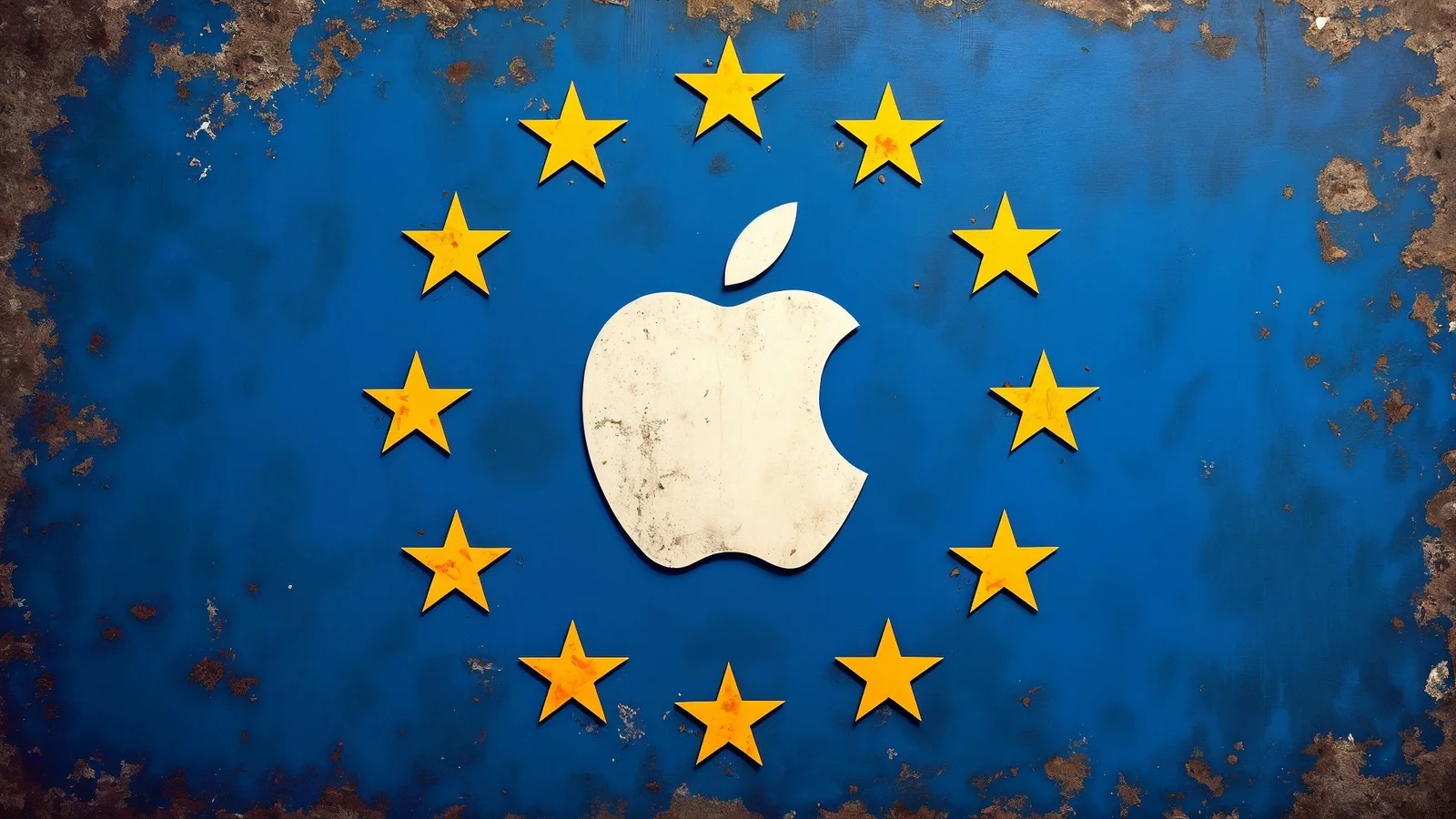By Yasir Zeb
Copyright researchsnipers

Apple sharply criticizes the EU Digital Markets Act in a new statement. The iPhone manufacturer is disadvantaged and warns of disadvantages for European users through delayed features and security risks.
Apple attacks Digital Markets Act
The Digital Markets Act (DMA) came into force for the first time at the end of 2022. The legislative package is intended to enliven the competition in the tech market and limit the monopoly position of large companies. Several companies such as Meta had to adapt or open their apps and platforms and make fines due to violations. And Apple has also been asked to checkout.
Now the company has published a press release behind CEO Tim Cook in which you go to court with the EU and its regulation. Above all, you see yourself disadvantaged towards other companies and the safety of the users in danger. The European Commission already classified Apple on September 5, 2023 as a gatekeeper under the DMA in relation to iOS, App Store and Safari. The classification for iPados followed later on April 29, 2024. These decisions have far -reaching consequences for Apple’s business model in Europe.
Apple argues that due to the DMA you had to make concerns about your own products for European users. The iPhone manufacturer warns that the list of delayed features in the EU will probably be longer and that the user experience could fall further. Criminal door and gate would also be open. The company therefore calls on the regulatory authorities to fundamentally rethink the law.
Safety concerns and data protection risks
The DMA requires Apple to allow sideloading, other app marketplaces and alternative payment systems. Since, according to Apple, this would not meet the same high data protection and security standards as its own offers, the group warns that EU users could be exposed to similar risks as on other mobile platforms.
You can see the inquiries from other companies particularly problematic after access to sensitive user data that is needed to offer their services. These data inquiries would include, for example, the complete content of the notifications of a user and the complete history of the WLAN networks with which a user has connected. According to Apple, this data could reveal the place of whereabouts and the activities of the users. The company argues that such accesses could significantly jeopardize the privacy of users.
Unfair treatment and distortion of competition
Apple also criticizes that the DMA rules would mainly apply to the company with the apple:
The DMA’s regulations only apply to Apple, although Samsung is the market leader in the smartphone area in Europe and Chinese companies are growing quickly. Apple has taken on a pioneering role in building a unique, innovative ecosystem that others have copied – to the advantage of users everywhere. Instead of rewarding this innovation, the DMA specifically takes out Apple, while our competitors can continue to act as before. Apple
Apple argues that the DMA does not achieve its declared goals. Instead of promoting more competition and selection, the law leads to fewer options for EU users, as functions are delayed or not available at all. Apple sees itself restricted in its innovative ability and fears long -term disadvantages.
Further development
The Digital Markets Act came into force in November 2022 and has been in full since March 2024. The law aims to limit the market power of large technology groups and give smaller companies better opportunities. In addition to Apple, Alphabet, Amazon, Meta, Microsoft and bytedance were also classified as a gatekeeper. The regulation includes various areas such as search engines, social networks, messaging services and app stores. In the past few months, the European Commission responsible for the DMA has asked for more feedback from companies and EU citizens about the effects of the law.
Apple submitted his statement on the last possible day and now also informed its EU users about the already visible changes and future developments. The first results are expected in March when the reports of the first non -conformity examinations against Alphabet, Apple and Meta are due. These investigations could be groundbreaking for the further implementation of the law and show how strictly the EU Commission will enforce the new rules.



